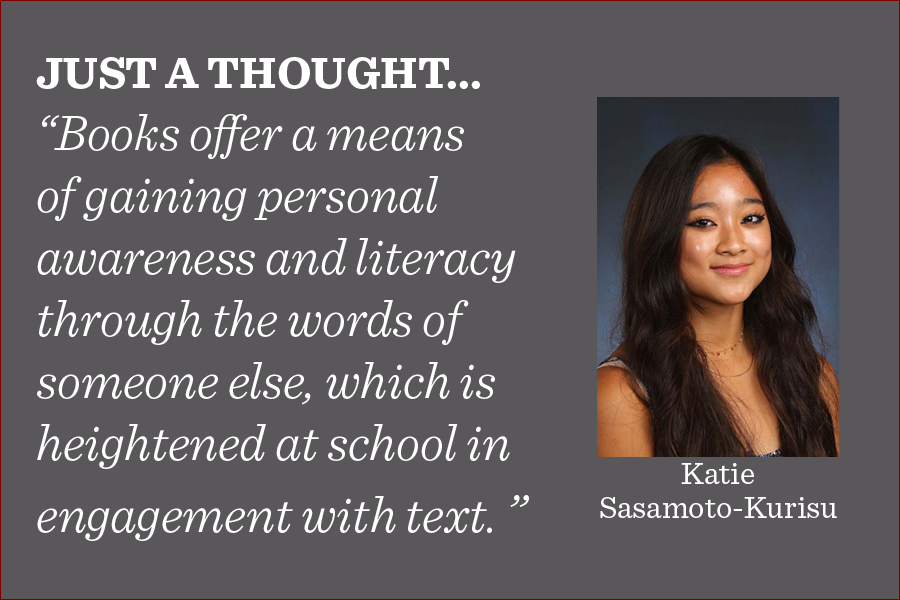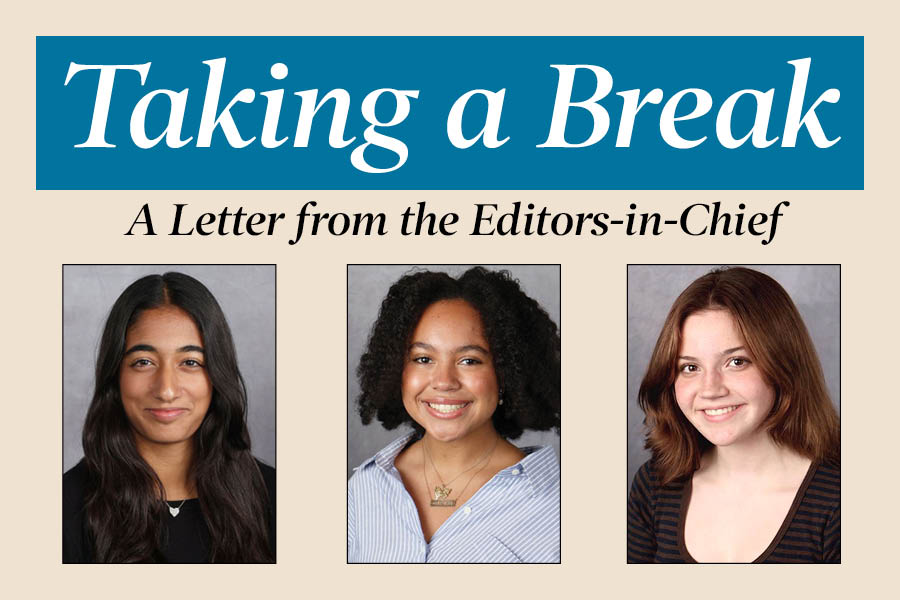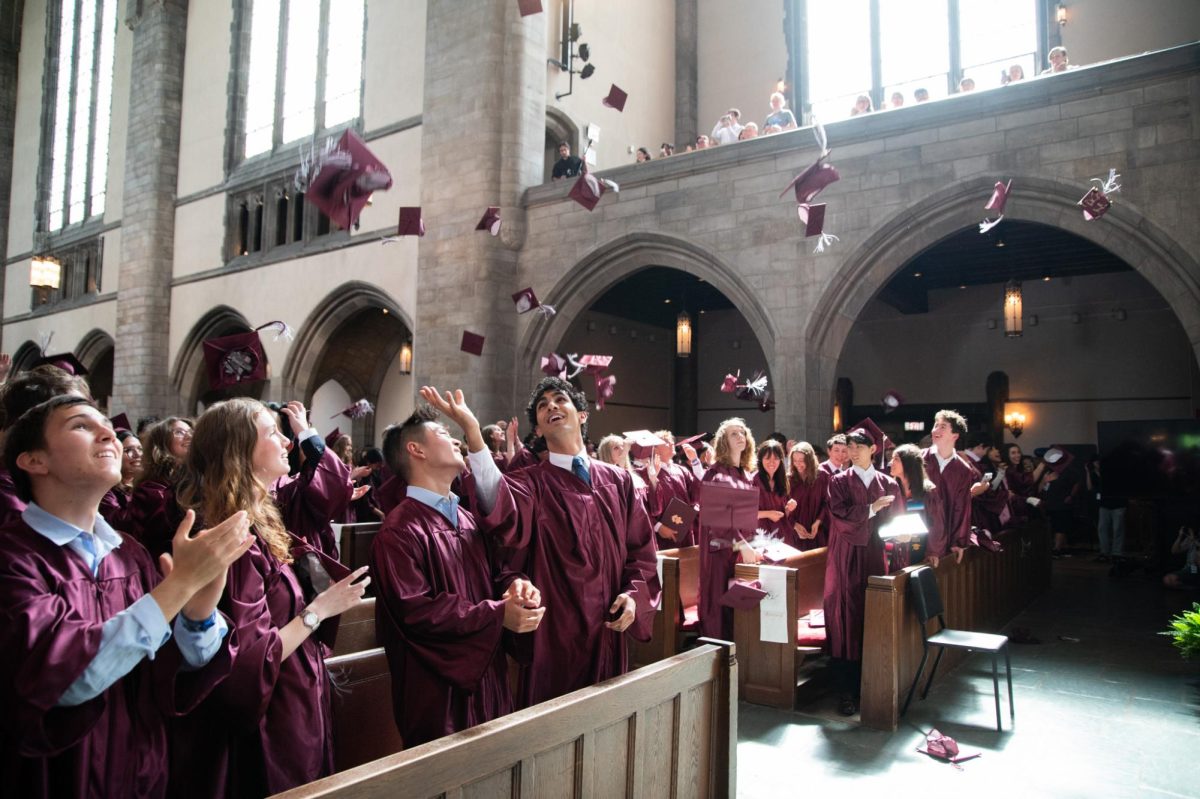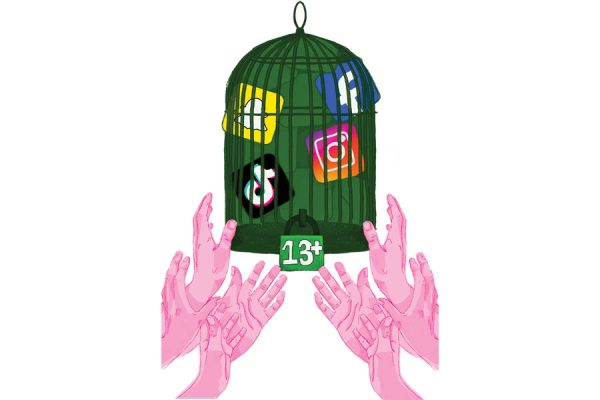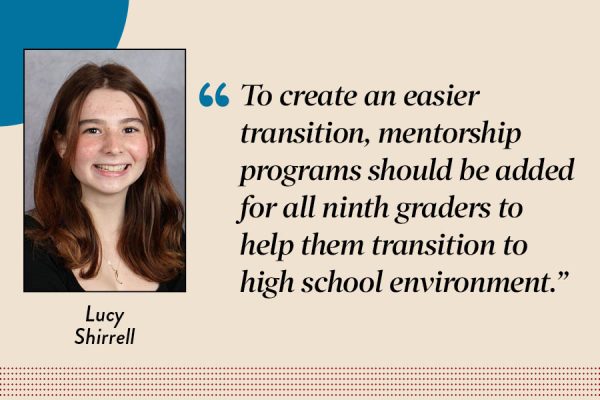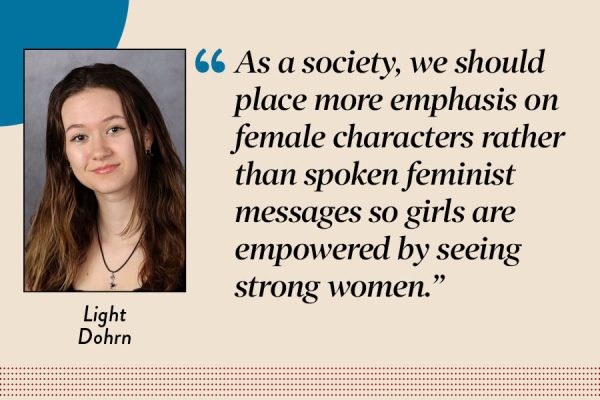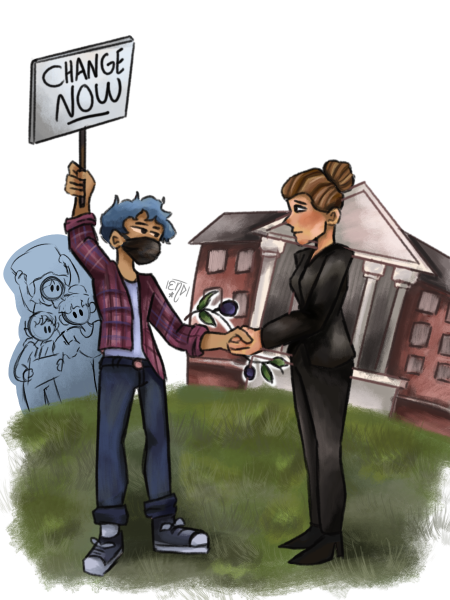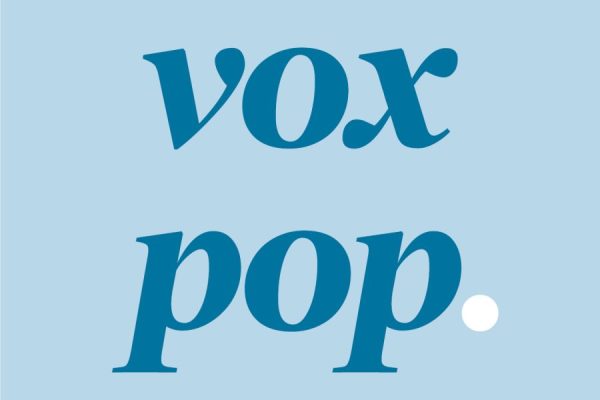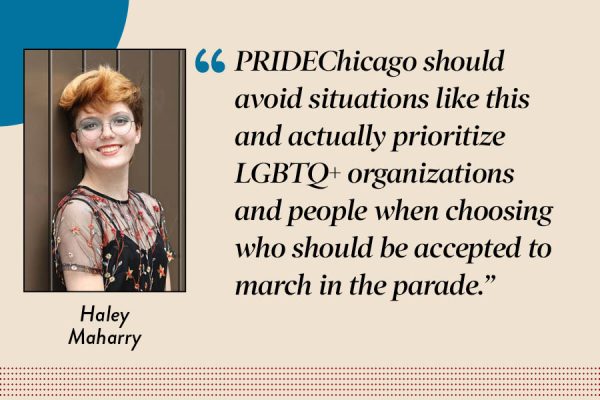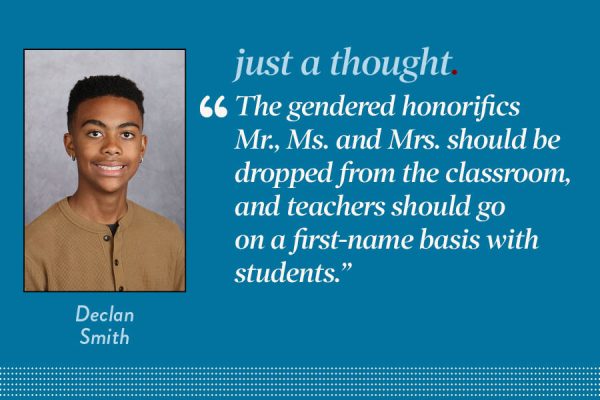Banning books stymies learning
Midway Staff
Reporter Katie Sasamoto-Kurisu argues that the banning of books in schools prevents the learning from diverse perspectives necessary for true education.
March 23, 2022
Parents and local school boards all across the country are arguing that children should not have access to potentially harmful or sensitive content in educational books at school and in libraries.
To promote learning that is diverse in perspective, the censorship of books and literature in schools should not be allowed.
While some individuals and parents seek to censor specific graphic or damaging content for students, banning books at school does no good. If anything, it prompts meaningful and engaged discussion within classrooms; the disparities between various people groups and beliefs are being welcomed as they promote being open-minded in communities and serve as a catalyst for learning.
There is legal precedent for allowing students access to diverse and expressive books in schools. In 1987, during the case of Mozert v. Hawkins County Board of Education, textbooks detailing a play with the use of magical powers in a class were seen to offend the religious beliefs of parents and thus were challenged within the curriculum. The court held that it was up to the students and their families to interpret the information contained within; they stated it was simply the views of another person, rather than an order dictating what must be imposed or thought.
The learning process is transparent; for books pertaining to specific disciplines such as history or English, it is imperative students be exposed to different perspectives even if they deal with difficult topics.
Books offer a means of gaining personal awareness and literacy through the words of someone else, which is heightened at school in engagement with text. The banning of books in schools should not be allowed because the educational process is meant to be open, accepting and diversified. Read the books you want, keep ideas free and uplift the First Amendment.



